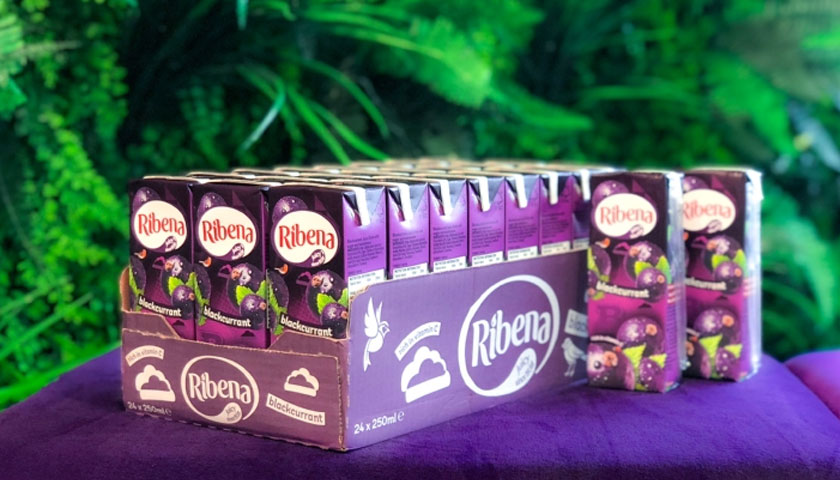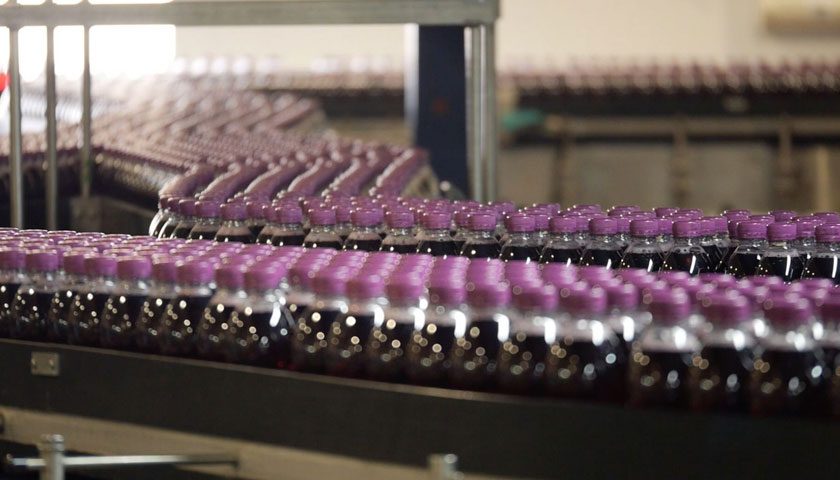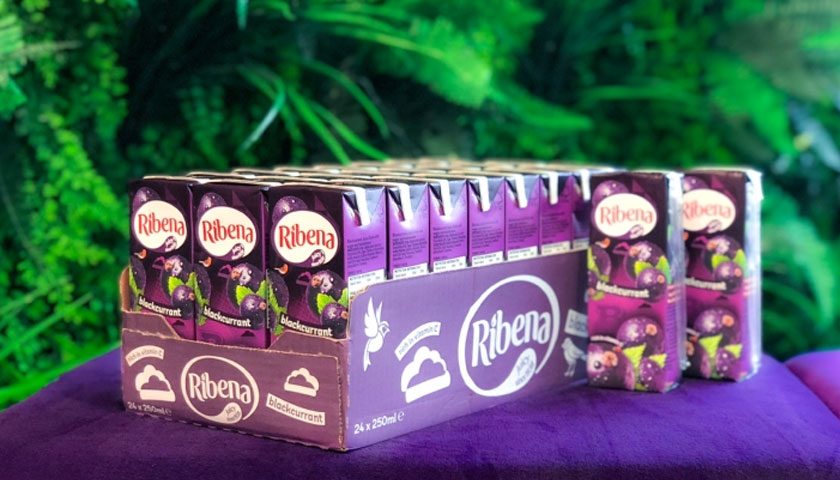SBF GB&I, the proud producer of Ribena, has unveiled a research project to reduce greenhouse gas emissions from the growing of blackcurrants through regenerative farming practices.
The ambitious project launching today in collaboration with the University of East Anglia, SBF GB&I, Suntory Holdings Limited and Soil Ecology Laboratory will take place across much of the 60 hectares of blackcurrant production at Gorgate Farm in Norfolk, which has been growing blackcurrants for Ribena since the 1950s.
As part of Suntory Group’s overall ambition to support crop resilience and reduce carbon emissions from its supply chain, this project aims to reduce scope 3 greenhouse gas emissions from blackcurrant production and improve soil health so that it can support plant resilience and increase the amount of carbon it can sequester.
Ribena is an iconic brand with an 85-year history of supporting the UK blackcurrant industry, driving innovation in blackcurrant farming as well as the conservation of farmland. Challenging climatic and economic conditions over the past few growing seasons have inspired me to investigate, and start to adopt regenerative farming practices, that will allow us to grow sustainably as well as reduce greenhouse gas emissions. It’s thrilling to be able to bring in national experts and researchers to support this ambition and to be so supported by our customer. Collaborating with Suntory’s global team will enable us to share our learnings and learn from regenerative projects all over the world. Soil truly is the most important and essential ecosystem; it’s linked to every function on the planet. The aim is by focusing on soil biology restoration, we can allow natural processes to support blackcurrant production without so much intervention, benefiting both the environment and blackcurrants we grow substantially.
Rosie Begg, second generation blackcurrant grower and research lead, Gorgate Farm
The project will focus on minimising external inputs while improving soil health, plant nutrition and environmental protection through:
- Sap sampling to better understand and optimise blackcurrant plant nutrition – the theory being macro and micro-nutrient imbalances affect plant resilience and attack by pests and diseases
- Utilisation of novel and organic inputs (both fertiliser and crop protection) to replace conventional inputs
- Creation of diverse alleyway swards to feed the soil and increase carbon
- Improvements to soil health and carbon sequestration through the utilisation of compost extracts to restore soil microbiology
The pilot project will launch in April 2023, backed by investment from Suntory Holdings Limited for at least three years. However, it is hoped that the principles and learnings developed will lead to a step change in sustainable production not just in blackcurrant but for many other crops well into the future. Creating a blueprint that could support other growers as they start their regenerative agriculture journey.
This project represents a real shift away from more conventional practices. The principles are backed by credible science but have yet to be commercially tested in more mainstream perennial fruit systems. The aim is to produce quality data that will enable us to scale up these principals to the wider industry. We’re not just tackling greenhouse gas emissions, we’re looking to increase the amount of life, in our soil, in turn improving soil health and fertility which benefits the blackcurrant itself. This trial is part of a global regenerative agriculture initiative led by Suntory Holdings Limited and draws on expertise from industry and academia, it aims to facilitate healthy plant growth and re-establish a more natural soil food web. This is an ambitious project – we want to do this important work while maintaining a commercial yield of high quality juicy British blackcurrants that will go into making Ribena for the next 85 years.
Harriet Prosser, agronomist, SBF GB&I
This is another milestone in the series of regenerative agriculture pilots we at Suntory Holdings Limited are excited about. Thriving agricultural systems are crucial to our business and we place regenerative agriculture as one of the core solutions in transitioning to sustainable agricultural practices across all markets. This project in the UK will allow us to further our collaboration with various supply chain partners to procure more sustainably and to decarbonise.
Brian Golden, Senior General Manager at Global Supply Solutions, Suntory Holdings Limited
It is incredibly exciting to be collaborating in this project. For several years we have pioneered approaches assess soil carbon storage permanence and the relationships that exist between soil carbon and soil biodiversity. This support from Suntory enables a real-world opportunity to apply our science and quantify the benefits of regenerative agriculture interventions.
Brian Reid, Professor of Soil Science at the University of East Anglia
The project will use the widely adopted Cool Farm Tool to quantify the on-farm greenhouse gas emissions and soil carbon sequestration. This will ensure accurate and consistent carbon reporting. The wider results it is hoped will be reported via peer-reviewed scientific papers charting the project’s findings.


